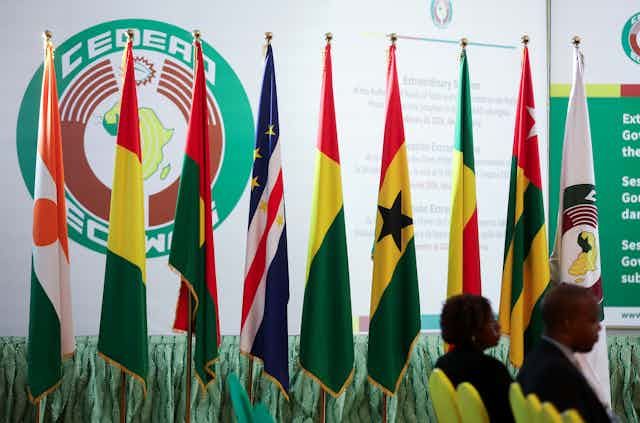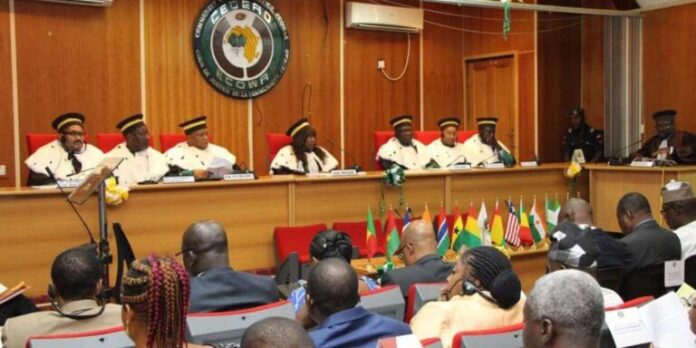The Economic Community of West African States (ECOWAS) Court of Justice has ruled that Senegal’s decision to shut down internet services and block social media platforms in 2023 was unlawful and violated fundamental human rights, including freedom of expression and access to information.
Background to the Shutdown
In June and July 2023, the Senegalese government ordered internet and social media restrictions in response to widespread protests that followed the conviction of opposition leader Ousmane Sonko. The shutdowns, enforced by the Ministries of the Interior and Communication, were aimed at curbing what authorities described as “subversive messages” threatening national security and public order.
Lawsuit by ASUTIC and Ndiaga Gueye
In response to the government’s actions, the Association des Utilisateurs des Technologies de l’Information et de la Communication (ASUTIC) and its president, Ndiaga Gueye—an IT consultant—filed suit under case number ECW/CCJ/APP/37/23. They argued that the shutdowns violated key rights including:
- Freedom of expression
- Right to access information
- Freedom of assembly
- Right to work
ECOWAS Court Ruling and Implications
Presided over by Justice Sengu Koroma and delivered by Justice Edward Asante, the three-judge panel held that the internet shutdowns failed to meet standards of legitimacy and proportionality. The court noted that internet access and digital communication are critical extensions of free expression and information rights.
The ruling stated that Senegal’s actions breached Article 9 of the African Charter on Human and Peoples’ Rights and Article 19 of the International Covenant on Civil and Political Rights (ICCPR). Furthermore, Mr. Gueye’s professional activities were disrupted, constituting a violation of his right to work, protected under Article 15 of the African Charter and Article 6 of the International Covenant on Economic, Social and Cultural Rights (ICESCR).
Compensation and Future Restrictions
The court awarded 250,000 CFA francs each to ASUTIC and Mr. Gueye for the infringement on their rights to freedom of expression and access to information. Mr. Gueye received an additional 250,000 CFA francs for the violation of his right to work.

In a landmark decision for digital rights in Africa, the ECOWAS Court also ordered Senegal to refrain from imposing arbitrary internet restrictions in the future.
Also Read: ECOWAS Court Orders Ghana to Pay $75,000 for Unlawful Detention of Homeland Study Group Members




